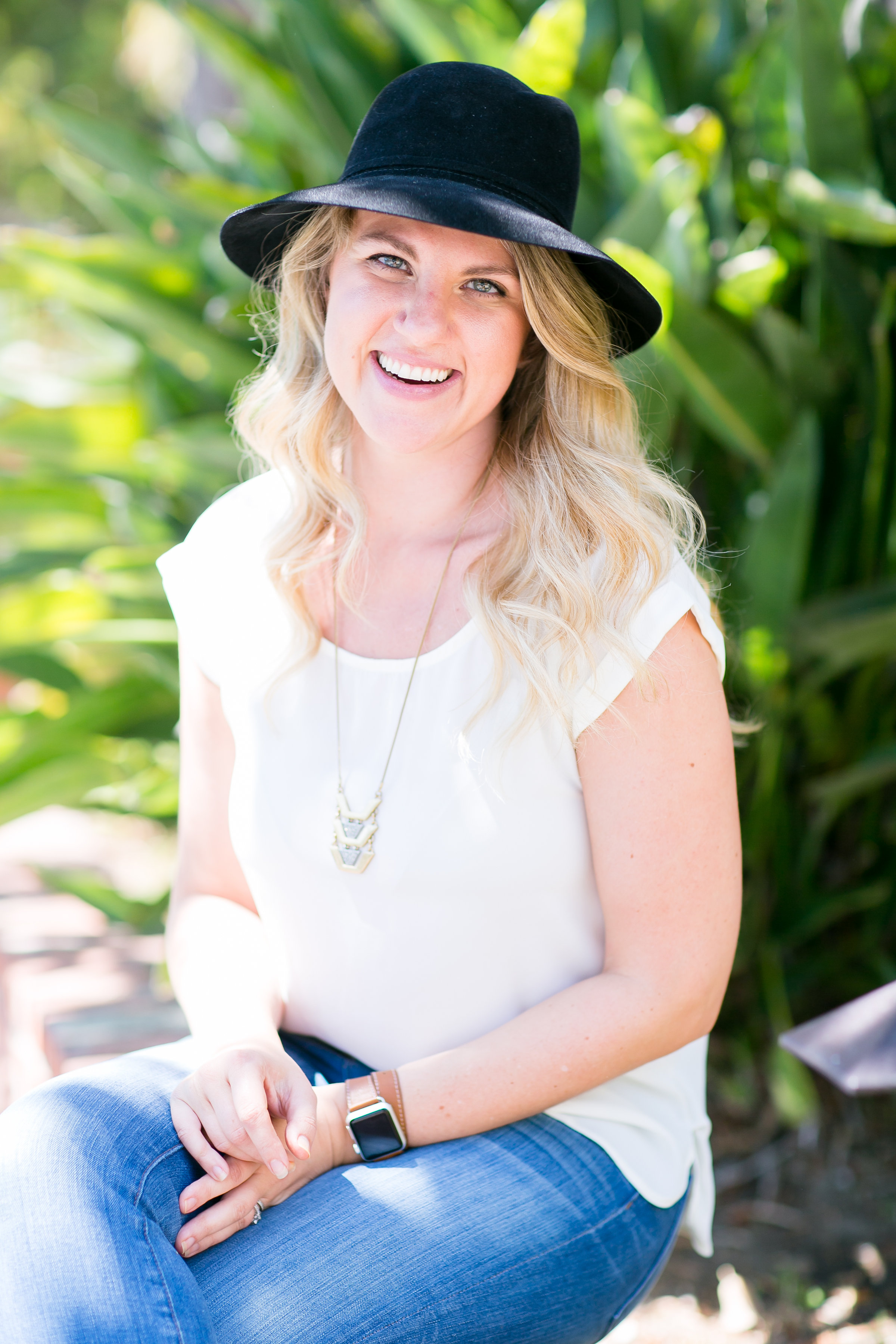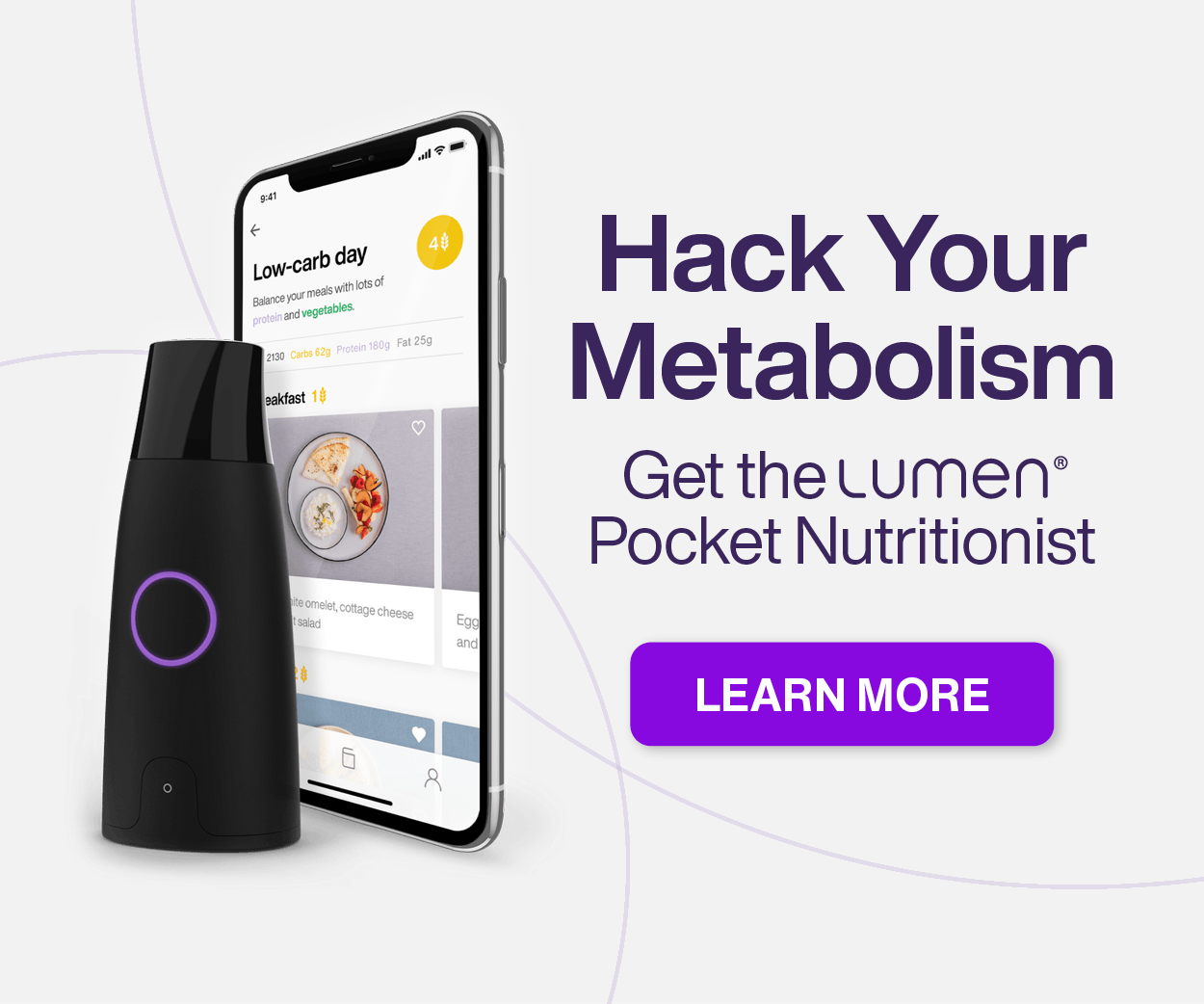One of the first questions I ask my clients is how much water they drink. And one of the most common answers I get is “well, I drink lots of tea and VitaminWater!” Guess what guys, VitaminWater and other “enhanced,” flavored water-type beverages are NOT water, they are really no better than soda, and they have the same negative effects on your body! Don’t believe me? Pick up a bottle of Vitamin Water and read the ingredients. The 2nd and 3rd ingredients are sugar! With the additional additives of color, flavor, and “stabilizers,” you are drinking a beverage that is really no different from soda, no matter how many vitamins they add.

What about the other guys on the market? Mio Liquid Water Enhancer, Skinny Water, Propel Fitness Water, Dasani Drops are the watered down equivalents of diet soda. Instead of sugar, they feature artificial sweeteners like sucralose, dextrose, or aspartame, which are linked to obesity, digestive problems, neurological issues, diabetes, and cancer. These guys kill off the beneficial bacteria in your gut, which wreaks all kinds of havoc on your system, and can lead to an overgrowth of candida (read more about candida overgrowth). They’re also loaded with a whole bunch of questionable ingredients that definitely don’t pass the basic food rule: “If you can’t pronounce it, don’t eat it.”
So-called “enhanced” waters are yet another in a long line of marketing ploys designed to get you to poison your body under the guise of health. Be smart. Read your ingredients. Don’t be a victim of false advertising! Water — pure, filtered H2O, gives your body all the hydration it needs, and does not need to be a source of vitamins in your diet. Eat healthy, and take some high-quality supplements if you need a vitamin boost! (Check out our Basic Supplement Guide to find out which supplements you may need.)
So what do you do if you just aren’t a big water person? There are definitely safer and more natural unsweetened, lightly flavored waters out there, like MetroMint and Hint Water, but the safest and healthiest option is simply to flavor your water yourself! A squeeze of lemon or an infusion of yummy berries and herbs is delicious, and gives you control over factors like quality, organics, and intensity of flavor. Check out our review of the adorable and eco-friendly Glass Water Bottle with Infuser from AdNArt.
Related articles
- Why Buy Artificial Vitamin Water When You Can Make Your Own Natural Versions? (undergroundhealth.com)
- Homemade Vitamin Water (trinapierre.wordpress.com)
- Vitamin Water ad (popballoonsorpopculture.wordpress.com)
- Why Buy Artificial Vitamin Water When You Can Make Your Own Natural Versions? (trueactivist.com)
- Vitaminwater Lawsuit Shines Spotlight on Vitamin-Enhanced Water Category (sys-con.com)
- PERSONAL vitamin water! (ewehmer.wordpress.com)
- Coca Cola Vitamin Water … class action suit!! (hrexach.wordpress.com)
- Infused Water (wrapmethinandfirm.com)
- The Wonders of Water (babyzone.com)




 At-Home Sugaring Recipe
At-Home Sugaring Recipe








